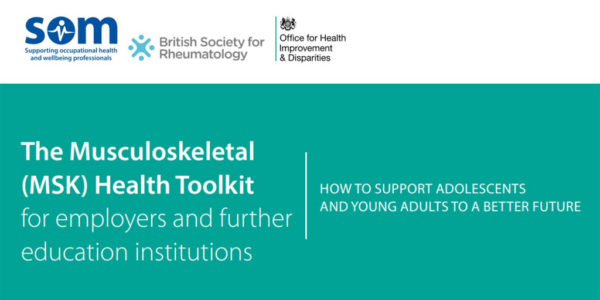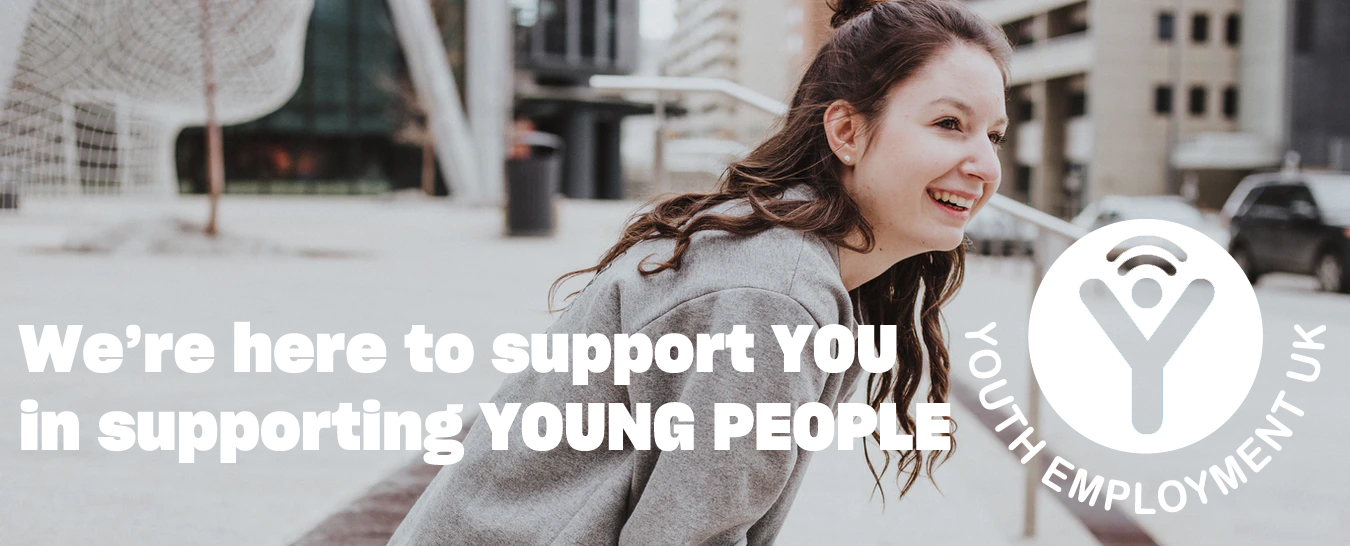MSK conditions have a huge impact and there are things FE institutions can do to ensure young people are supported. Download the MSK Health Toolkit.
MSK conditions can have a huge impact on the lives of young people. It is important to create an inclusive environment within education and work that prevents conditions from developing and allows people living with these conditions to thrive.
The Musculoskeletal (MSK) Health Toolkit will help you explore its impact with stories from real people who live with MSK conditions and discover what you can do to support them.
What are MSK conditions?
MSK (Musculoskeletal) conditions are a group of conditions that affect the bones, joints, muscles, and spine, and are a common cause of severe long-term pain and physical disability. Some conditions include arthritis, fractures, and osteoporosis. They are the greatest cause of disability at any age because of the impact they have on physical abilities, which includes pain and fatigue that results in a substantial reduction in quality of life.
How can MSK conditions affect young people in education?
MSK doesn’t just affect older people. 2.8 million people under the age of 35 in the UK are living with MSK conditions.
Most conditions are preventable if the signs are found early, and it is vital to support young people with MSK conditions to manage pain and try to prevent future problems, including at work and in further education.
For people who have already developed MSK conditions, their wellbeing can be severely affected. Depression is four times more common among people in persistent pain compared to those without, and the Youth Voice Census 2022 has told us that 32% of young people in work thought anxiety was their biggest barrier to accessing work.
There are many ways you can help students be more active, from encouraging screen breaks to providing secure bike racks, from stand-up desks to changing facilities for people who cycle for transport.
What can colleges or FE institutions do to support students and learners with MSK conditions?
- Prevent workplace accidents and injuries through better health and safety procedures and risk management.
- Design offices and FE institutions with positive infrastructure – like secure bike racks and stand-up desks.
- Encourage students or staff to increase physical activity through wellbeing programmes or funding equipment like bikes.
- Provide healthy food or information about nutrition to help people make better choices.
- Encourage employees and students to stop smoking and reduce alcohol consumption, perhaps with related incentives.
- Normalise conversations about, and support for, mental health – particularly around identifying and reducing stress.
- Ensure employees or students are consulted on health and wellbeing programmes and, where possible, make them reflect on the feedback garnered.
- Signpost to relevant networks dealing with counselling, health, mental health, etc.
- Create general awareness about the prevention of MSK conditions and other health problems.
- Support employees and students to manage their condition in order to reduce the impact.
Key points for FE institutions
It can be daunting for any young person to leave the familiarity of school and enter a new setting. Young people with MSK conditions need to be supported to feel confident in raising their needs, disclosing their conditions, and flagging concerns.
FE institutions can support young people to prepare for further education, but also for leaving after graduation.
You can:
- Inform students of health and wellbeing support available on-site
- Signpost young people towards financial support such as the DSA
- Ensure they know exactly what happens to their personal information through consent and information sharing policies
- Ensure young people know who to turn to for support
- Facilitate clear, confidential communication between support services, staff, and young people
- Provide a flexible structure for students, including classes and exams
- Support peer to peer initiatives
- Be aware of any additional needs or adjustments that they may need
Download the full toolkit
Help young people living with MSK conditions meet their full potential by clicking on the button below to download the full toolkit.
Download the toolkit


